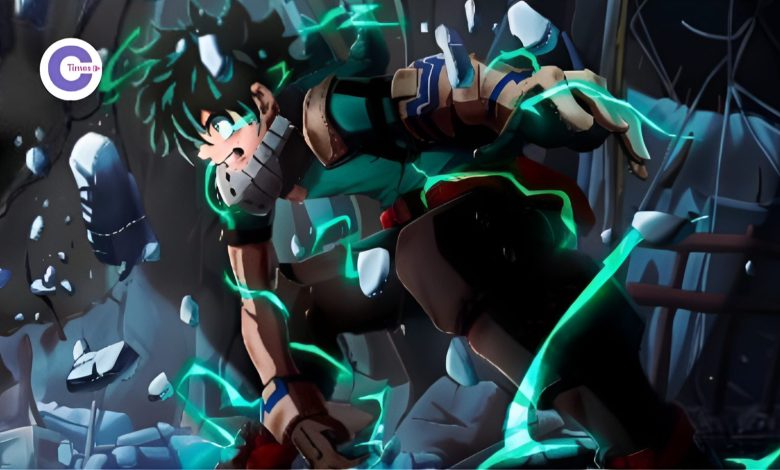
My Hero Academia, which captured the hearts of millions, closed out to a bittersweet ending that really did resonate with fans. As it goes without saying, the series in itself was one long lavish fanfare of heroism, but what really did bring about introspection and debate was Deku’s final declaration, “This is not a hero,” echoing in the minds of readers.
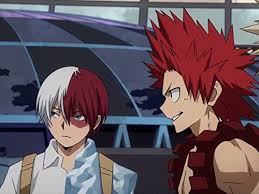
The Boy Who Dreamed of Being a Hero
Among the plethora of powers, a quirkless boy, Izuku Midoriya, became a symbol of hope, breaking all norms. His story is one of sheer will, continuous training, and belief in the human spirit. With the passing on of One For All to him from All Might, there was no doubting that Deku was to be the greatest hero of all time.
The Weight of Expectations
With Deku at the peak of heroism, expectations were heavier than ever. Titles such as symbol of peace, successor of All Might, and hope of a generation are not ones to be taken lightly in pressure. The series dug masterfully into the toll of this immense responsibility taken by Deku and revealed the small crevices in his facade that held unwavering optimism.
The Turning Point: “This is not a hero”
Heavily, the arc culminated with the transformation of Deku to “This is not a hero.” The statement, after he had come to a great self-realization, did not only change Deku but also the turn of events in the story. It redefined the conventional notion of heroism, saying it is not just about bearing extraordinary abilities or winning over bad guys.
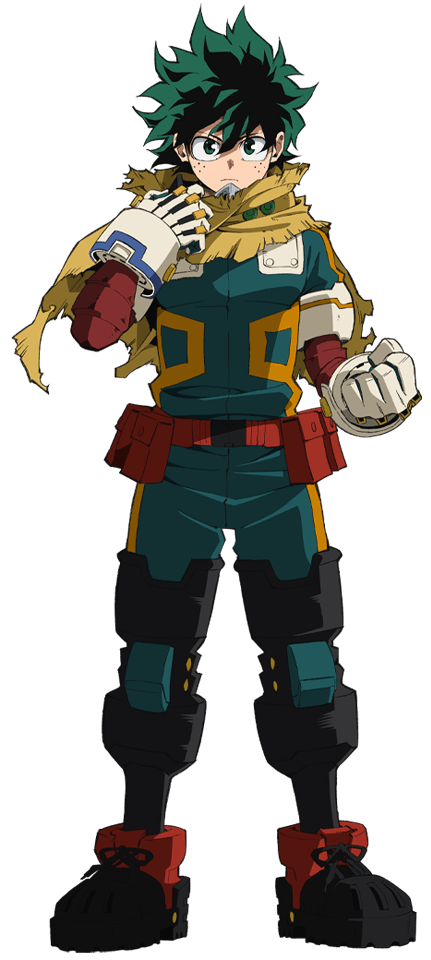
A Hero Defined by Actions, Not Titles
Deku’s statement rearranged the perception of heroism, shifting it from spectacular acts to quiet ones of courage and compassion. It subtly gave notice that heroism is found in everyday struggles, standing up for what is right even if it is hard, and lending a helping hand to those in need.
Also Read: ‘My Hero Academia’ Opening Song Hits Big
Legacy of Hope: New Age of Heroism
Though by far a bittersweet ending, it was a fitting close to the journey of Deku. His final words echoed into the hearts of characters and readers alike as a new generation of heroes must forge forward. As such, it concluded on hopeful grounds—that even though times may change, heroism is bound to find a way to live on.
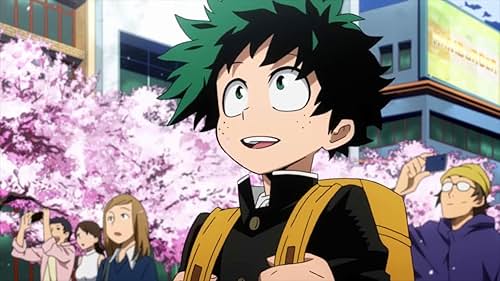
The End of an Era, the Beginning of a New Chapter
The ending of My Hero Academia proved that the series could evolve but also challenge the status quo. From a Quirkless young boy to a beacon of hope, then subsequently the redefinition of heroism, Deku’s journey left its mark. It is not just full of action, with suspenseful scenes, but will also be recalled for the deeper associations attached to the human spirit.
Deku’s Declaration: A Hero Redefined
That final declaration by Deku, “This is not a hero,” changed everything in the narrative of My Hero Academia. It was a realization, peeling off this idealistic image of heroism that had been built since the beginning.
For years, we saw Deku grow from a Quirkless boy to the symbol of peace. He was someone who trained relentlessly, determined, and seemed to have an unshakeable belief in heroism, but that one statement changed the character we thought we knew irredeemably.
It was an acknowledgment of how much expectation had been laid upon him. To be called a “hero” was not some noble designation; it was an overwhelmingly heavy mantle, calling for continuous sacrifice and perfection. Deku’s words rang with a growing disaffection from this idealized image, realizing that real heroism spans way beyond the spectacular feats and public acclaims.
Also Read: Top 2024 Anime Series: Must-Watch List
Refreshing was the change in perspective. It really grounded the narrative and reminded us that heroes are, in fact, ordinary people making extraordinary choices. This humanized Deku in a very non-fantastical way, which made him relatable like very few protagonists could attain. Questioning the very identity of heroism, it invited us to do the same. Are heroes born, or are they made? Is it with powers, or the person beneath the mask?
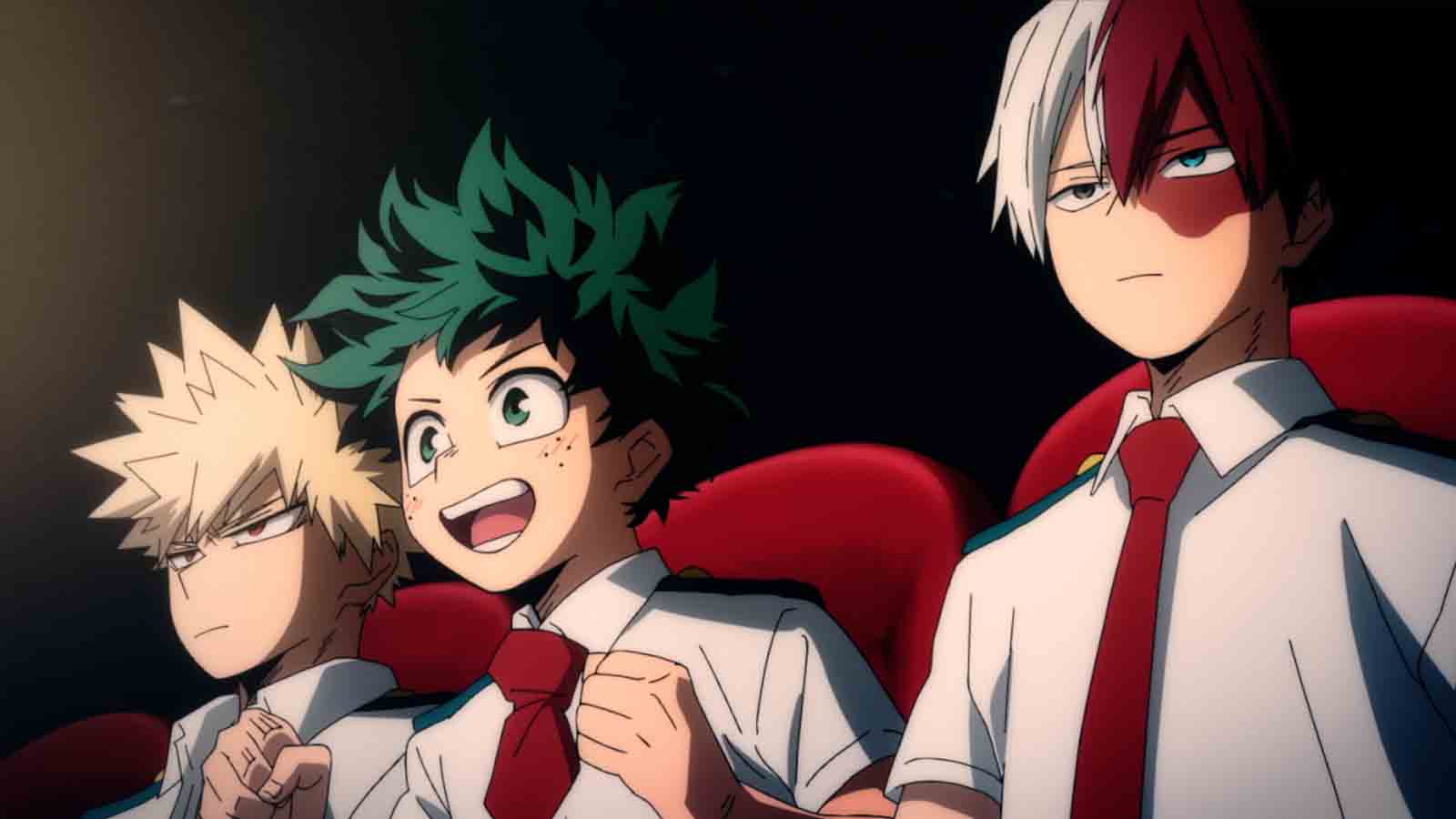
Deku’s declaration was not a rejection of his role but its refinement. It was a call to have heroism more nuanced, valued with much-needed empathy, compassion, and courage for standing for the right thing even when it’s hard. In many ways, this was a coming-of-age moment, not just for Deku but for the series itself.
It was a bold move, one that paid off. By running contrary to tradition, My Hero Academia had subtly raised its genre from a very stereotypical and superficial story about superheroes to something deeper and more resonant in so much a larger sense. It forced us to question our perceptions of heroism as it would have us see the complexities within characters we love.
Also Read: Top Anime Recommendations of 2024
The Lasting Impact
“This is not a hero,” Deku’s quote, seemed to stick with the fans for a long time even after the series had concluded. It triggers so much conversation and debate about what heroism truly is. The fact that it was thought-provoking and could make one look into his or her character is one of its lasting impacts.
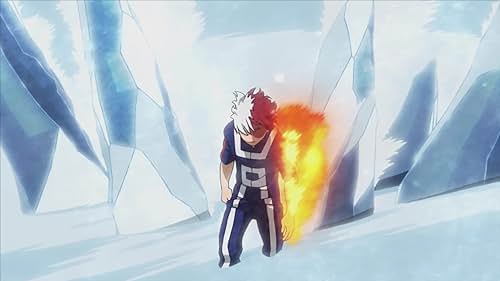
My Hero Academia will forever remain in history as a story that transcended the genre of a superhero, exposing complexities in the nature of human beings while retaining the indestructible power of hope.
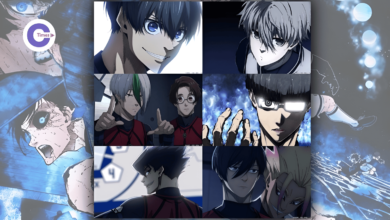
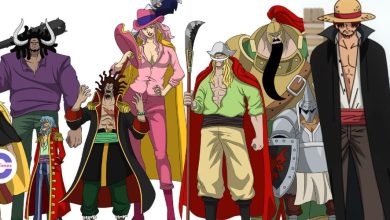


[…] Also Read: This Is Not a Hero: Deku’s Powerful Words and Their Impact on My Hero Academia Ending […]